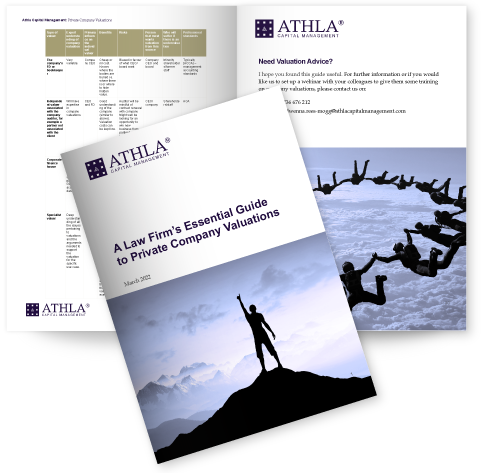When the US sneezes, can UK valuations can catch a cold?
September 10, 2024

What will be the impact of an interest rate cut by the Fed?
The imminent announcement by the Fed that it will cut interest rates is making markets nervous and we are seeing an accompanying increase in volatility in prices. Unless you know something I don’t, I think we are not expecting a meaningful cut from the Bank of England anytime soon.
The impact though is already being felt. Interesting knock-on effects. On Monday 9th September, the Fed indicated that any cut is likely to be small, and that has driven EUR/USD below 1.1050. If you buy materials on the international market in $, but trade domestically in euros, your Cost of Goods is going to be badly affected.
There are concerns that the macro indicators suggest there is general weakness in the US economy and this, with lower inflation, leads the news on why a rate cut is imminent. A rate cut will impact on company valuations.
The Magnificent Seven still get a disproportionate amount of news copy and market attention and if the market comes to the view that they have reached their growth headroom thereby limiting future share price growth, this may put pressure on the valuations of all high growth high tech businesses.
However for companies in more traditional sectors which are performing well, we may see valuations come under less pressure. In sectors where the UK government is focusing – housebuilding comes to mind, as soon as the obstacles can be overcome (e.g. in planning approvals) we may even see valuations rise.
Notwithstanding these comments, were the US to move into recession, that will create a headwind which dampens valuations generally even as rate cuts potentially increase interest from institutional investors in equities.
One of the areas we are paying significant attention to at the moment is the discount (or not always) that should be applied to multiples of comparable quoted companies. There has been a general belief in the idea of a private company illiquidity discount and the oft quoted percentage is 25-30%. We are in the process of examining this closely as there is a view that the share price of a listed company on any one day is merely a composite of thousands of uninfluential minority share trades. If you accept this thesis, then the immediate argument for an illiquidity discount falls away. However, we believe that there is perhaps a more interesting argument that the differential is not about liquidity per se, but about size. We will report back when we have more evidence and analysis.


